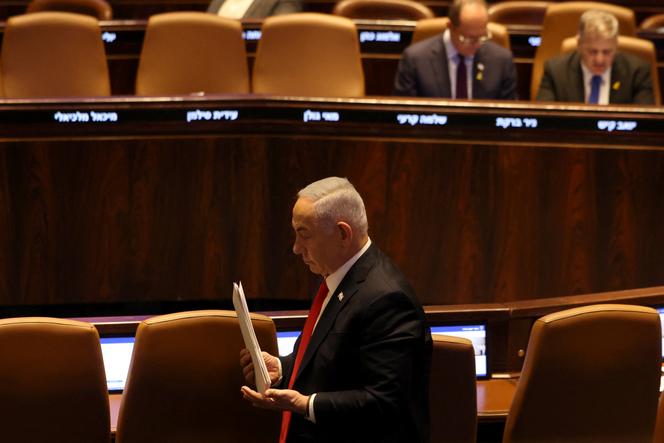


On November 10, Israeli Prime Minister Benyamin Netanyahu claimed to have "personally" authorized the pager and walkie-talkie bomb attacks committed against Hezbollah in Lebanon on September 17 and 18. This information was confirmed the following day by Omer Dostri, the company's spokesman, without providing any legal justification. All we learned was that the order was given against the advice of "senior defense officials and their political leaders," an allusion to Defense Minister Yoav Gallant, who was sacked on November 5.
The statement had little echo. For world public opinion, the affair was confined to images of Hezbollah members hit by the explosion of the devices they were carrying, and Netanyahu's announcement was an open secret. However, for a head of government to claim responsibility for a clandestine armed operation on the soil of a sovereign country is a rare occurrence, and carries a legal risk for the person who assumes it. By their very nature, these actions are intended to remain secret, so as not to expose the intelligence services to maneuvering. But, above all, they must remain clandestine so as not to provide arguments for the courts, in the event of prosecution, to trace them back to the political authority that sanctioned them.
While Mossad's operation against Hezbollah may not have caused the same number of civilian casualties as the destruction of Gaza (43,900 dead) or the open warfare unleashed in Lebanon on September 23 (2,700), it is not exempt from legal risks. In theory, national or international courts could look into the pager affair. According to the Lebanese Ministry of Health, the explosion of these devices killed 39 people and injured more than 3,000.
According to Françoise Bouchet-Saulnier, legal director of Doctors Without Borders, two legal frameworks can be applied: "International human rights law, if the response is considered to be part of the fight against terrorism, including the use of targeted assassinations, or international humanitarian law, if the operation is considered to be part of a non-international armed conflict between Israel and the Lebanese Hezbollah."
According to our information, the families of those killed or injured by the explosion of these aircraft have already carried out legal consultations with a view to possible recourse. They may turn to Lebanese or foreign courts, in the case of dual nationals, but also to the International Criminal Court. States may also seek compensation. In this case, only the International Court of Justice – already seized, for example, by South Africa for alleged acts of genocide against Israel – or the UN, on the grounds of violation of the UN Charter, would be empowered to initiate proceedings.
You have 46.79% of this article left to read. The rest is for subscribers only.
